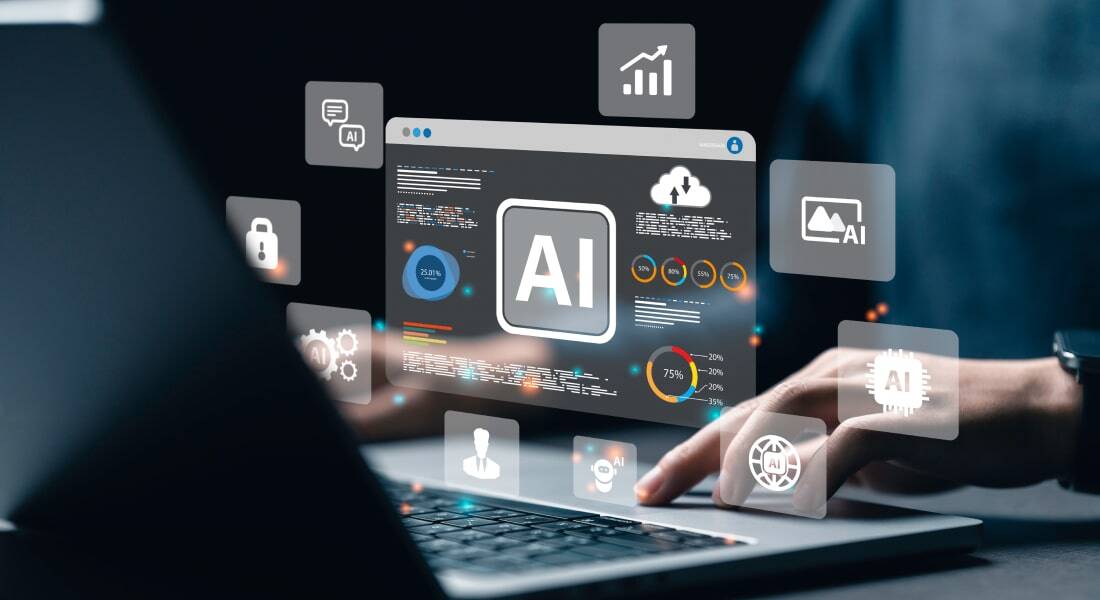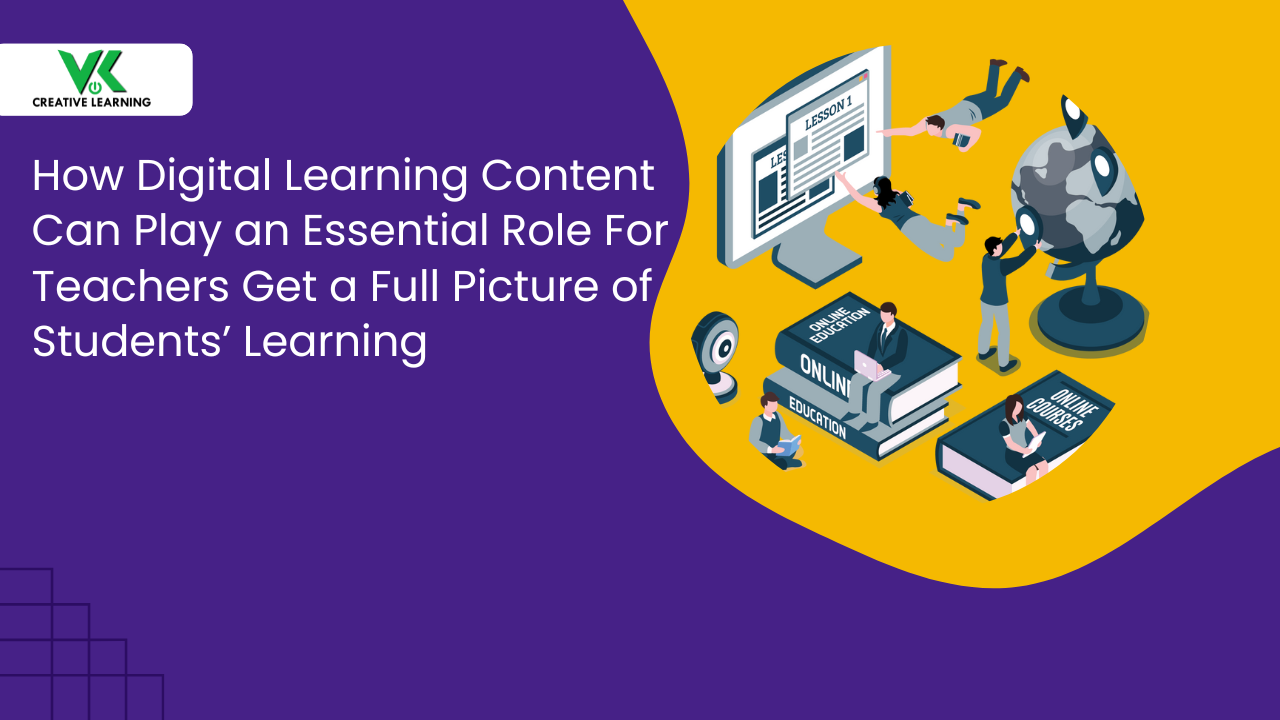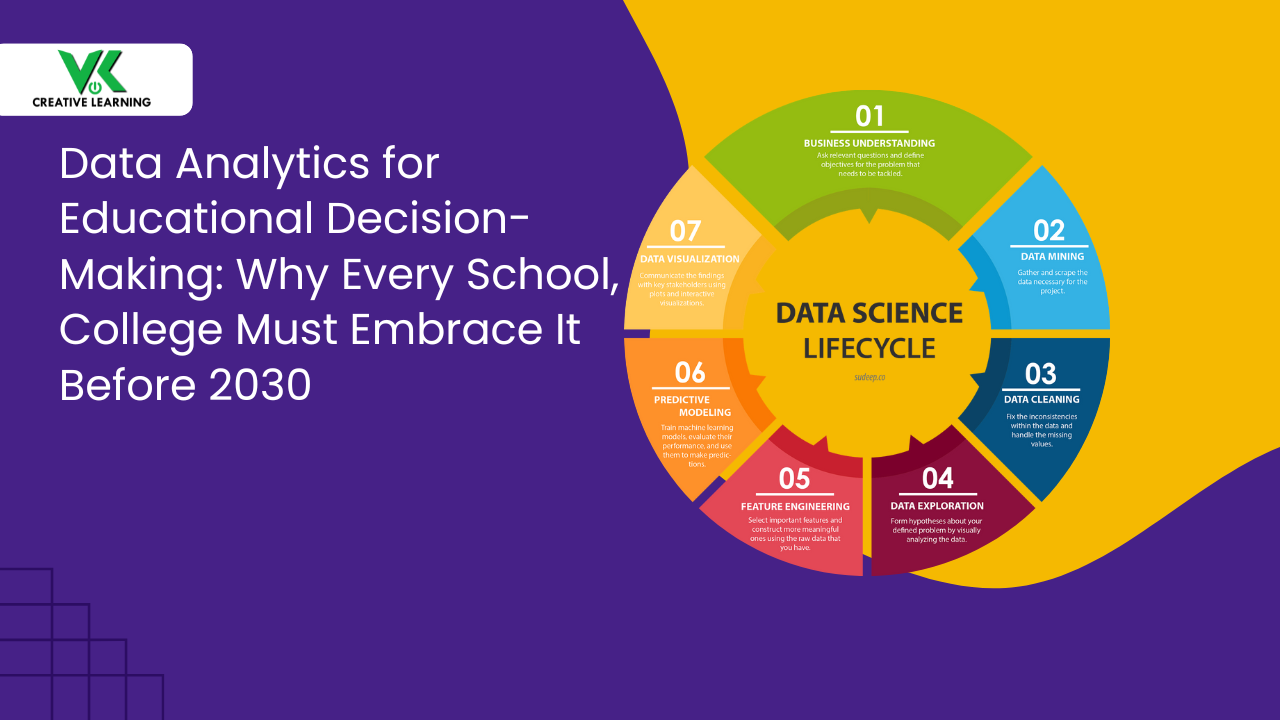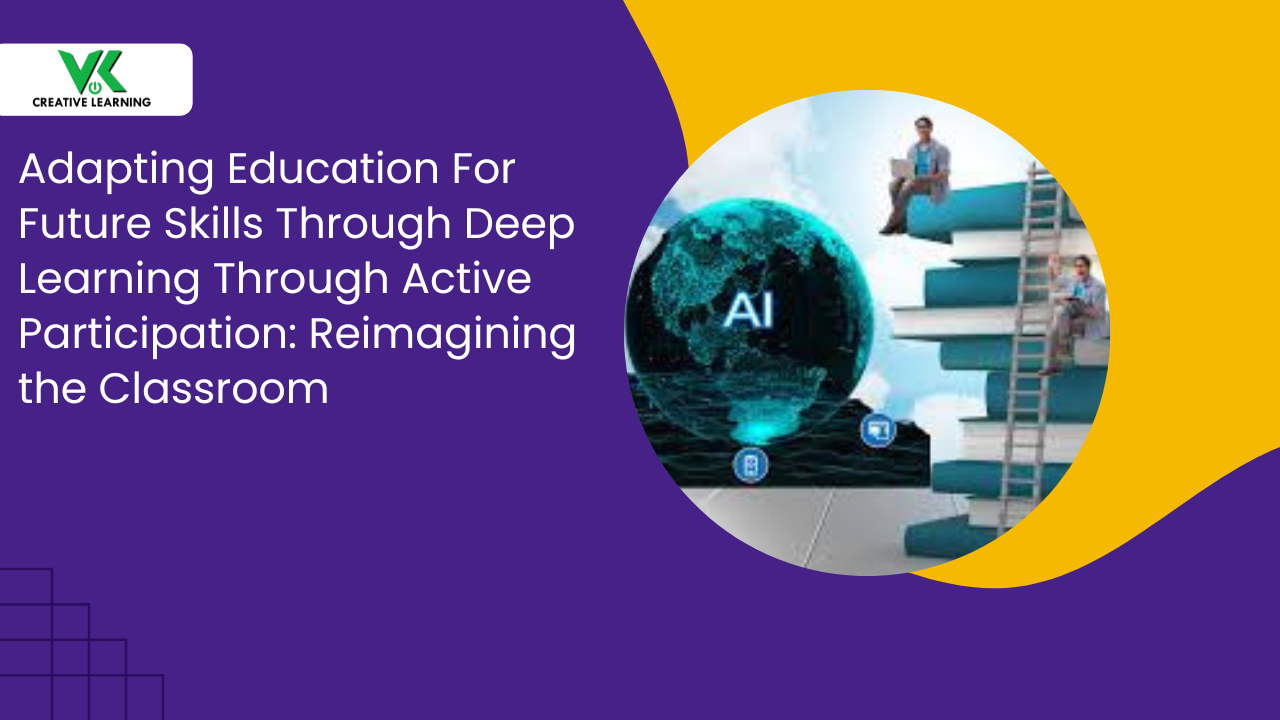AI in Education: Benefits and Concerns; Can AI in eLearning Help?
October 07, 2023
In the modern world, Artificial Intelligence (AI), without any shadow of doubt, is swiftly revolutionizing various industries--education is no exception. Remarkably, leveraging its algorithmic strength seamlessly, this avant-garde forerunner can serve to elevate pedagogical approaches (think of incorporating gamification aspects, student-centered models, and adaptive learning paths).
Nevertheless, a word of caution must be heeded--consider undesirable effects--we delve into the fertile plains of AI-led education. Reason: though these digital maestros may offer invaluable assistance due to their robust problem-solving prowess, students could become overwhelmingly reliant on artificial intelligence (completeing homework assignments in their entirety can be an example).
In lieu of embracing AI merely as a conduit to enhance understanding and conquer complex concepts, pupils may forgo critical thinking in favor of a more expedient solution.
As a result, it's of utmost importance that we persistently navigate the audacious landscape of AI-fortified learning by means of a dependable avenue; for instance, AI-centric eLearning, wherein we should foster curiosity-driven growth over just mere quick-but-hasty solution.
Overview: AI-Based eLearning Courseware
AI-based eLearning courseware is heralded as an avant-garde pedagogical method that breathes life into the learning process. At its core, it enhances the learners by knowledge adapting to their individual needs--providing an enriching and personalized experience; plus, offering data-driven insights, interactive lessons, and relevant recommendations.
Pros:
AI-driven eLearning courseware serves to empower students in their pursuit of knowledge, contrary to the perilous practice of spoon-feeding them with ready-made answers. Additionally, educators can skillfully execute lesson-planning, and pinpoint various students' growth-zones through AI-powered eLearning solutions.
Picture this: an academic utopia in which students and teachers alike reap the benefits of bespoke curricula tailored to every individual's unique cognitive strengths and weaknesses.
Besides, AI in eLearning possesses an uncanny ability to dissect--data extraction; analyze--pattern recognition, and optimize educational ecosystems--performance enhancement; consequently fostering harmonious mutualistic bonds between teachers and their students--interactive development.
In essence, ubiquitous classrooms come to life seamlessly with personalized learning experiences--interactive modules that fortify student comprehension like never before. Before we understand how AI-based eLearning can be useful, let’s check out how blindly using AI in education can be detrimental.
Misuse of AI in Education from Students' Perspectives
The exponential growth of AI in the education sector has garnered widespread attention for its potential benefits; however, students grapple with several drawbacks that deserve equal scrutiny; explained hereunder.
A. Overreliance on AI Technology Leading To Diminishing Human Interaction: In today's dynamic learning environment, the overreliance on artificial intelligence tools by students can pose significant risks–hampering problem-solving abilities, fewer collaborating opportunities.
To elaborate, one glaring consequence witnessed from students' perspectives is the gradual erosion of the quintessential teacher-student relationship--wherein students are interested in learning concepts more thoroughly, asking doubts to teachers.
Also, by heavily relying on AI, students may become isolated islands of knowledge, severed from the very connection that blossoms from shared learning experiences with friends and teachers.
In addition, this dependency on AI-infused guidance could unintentionally weaken the essential progress of social skills swiftly in our younger generations--interpersonal hurdles.
Engaging in one-to-one human interaction by students not only instills empathy and emotional intelligence but also fosters a sense of community where students can collaboratively participate in their knowledge growth.
For instance, navigating complex group projects (through collaboration, cross-questioning) requires more than textbook knowledge---attributes that artificial intelligence simply cannot replicate.
B. Bias in AI Algorithms Causing Discrimination or Unfairness: Like an undercurrent that threatens to drown its user, unconscious bias runs rampant across a multitude of AI applications used in education today.
Owing to elements such as entrenched misconceptions: may be in the form of certain beliefs, or hidden prejudices--subtle cues present in outcomes offered by AI, apparently benign AI algorithms might intensify unfair discrimination or reinforce prevailing stereotypes.
Picture a sophisticated machine-learning tool that unintentionally prioritizes particular patterns or preferences, conveying inaccurate impressions to students.
C. Privacy Concerns and Data Security Risks: Unauthorized data access and breaches in AI educational tools, without tight security features, can become a veritable Pandora's box. Predatory cybercriminals can potentially exploit vulnerabilities within AI systems, leaving students' valuable information exposed and ripe for misuse.
For example, critical information like academic records, registration details, and even personal identifiers risk falling into nefarious hands. Such AI tools without robust security and safety features are akin to gifting fraudsters a free pass to prey on unsuspecting students.
Thus, in this digital era, safeguarding students' personal data is paramount; and, getting into the clutches of malicious entities emphasizes the delicate balance that teachers and digital maestros must strike to establish a secure oasis for eager, innocent students.
How AI-based eLearning can Prevent Misuse of AI Tech?
In a world where AI is rapidly permeating all spheres of life, the educational domain remains no exception. However, the central question looms: How can AI be employed robustly in eLearning to steer clear of potential misuse from a student's standpoint? Provided below are some of the ways through which AI-based eLearning can resolve the issue.
Tackling Unauthorized Data Access and Breaches: Harnessing the power of AI in eLearning while prioritizing data security is no longer a pipe dream. Utilizing advanced encryption techniques and secure messaging networks, AI-driven platforms work diligently to prevent unauthorized intrusions and safeguard crucial student information.
For instance, end-to-end encryption ensures that only intended recipients can access the data, strategically locking out cybercriminals.
Furthermore, machine learning algorithms are utilized to examine patterns--data analysis in user behavior, rapidly identifying and restraining unusual activities--threat prevention before they cause chaos on students' confidential data.
Overcoming Students’ Overreliance on AI Technology for Solving Problems
Advanced AI-driven eLearning presents an innovative solution--personalized learning, for tackling the dilemma of students' overreliance on AI technology (leading to limited creativity), while simultaneously fostering increased collaboration among students and teachers.
Take, for instance, the sophisticated algorithms behind these eLearning education platforms that create personalized learning paths for each student or integrate innovative pedagogical methods: such as guided inquiry and just-in-time teaching.
Consequently, learners move beyond mechanical, AI-driven processes--simple problem-solving techniques or rote memorization, and deeply engage with educational content; fostering critical thinking skills in the process.
Furthermore: Thanks to its immersive methodology--interactive exercises, teachers have the ability to closely track students' progress (data-driven insights), and adjust educational experiences according to individual requirements.
Countering Bias in AI Algorithms Causing Unfairness: Innovative AI-powered eLearning platforms actively counteract students' biases by fostering open-mindedness and promoting fairness via. platform for discussion (with teachers/administrators monitoring the platform). Other features include employing techniques such as: adaptive content personalization, diverse representation, and unbiased feedback mechanisms (like tailored coaching, inclusive examples, and objective assessments).
For instance, as an elaboration: customized learning experiences tailored to each learner's unique needs and backgrounds mitigate the risks of discriminatory algorithms, while inclusive visuals and examples promote diversity in educational materials.
Conclusion
AI's integration in education offers significant advantages--streamlined learning, but must be cautiously approached to prevent misuse from a student's perspective.
Thus, opting for AI in eLearning can be a smart option through a reputed eLearning development company such as VK Creative Learning. VKCL has a good number of experience (more than a decade) dealing with various types of eLearning content and catering to them as per the client’s requirements.



